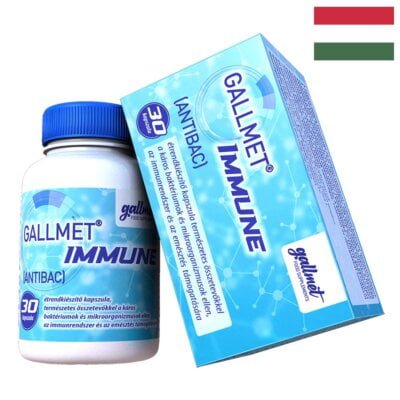Changes in the prevalence of multidrug-resistant pathogens and their implications in the intensive care unit

Download - PDF
Abstract
Incidence of nosocomial infections and antibiotic resistance in intensive care units is increasing worldwide. Blood-stream infections of Gram-negative non-fermentative bacteria are associated with higher mortality.
Aim and methods:
The aim of this study was to compare the antibiotic sensitivity of nosocomial blood-stream infections between years 2008-2010.
Results:
There was no difference in the sensitivity of methycillin-resistant Staphylococcus aureus and extended-spectrum beta lactamase producing Klebsiella spp. and Escherichia coli infections between the two years examined. Antibiotic resistance of Acinetobacter baumannii and Pseudomonas infections showed a marked increase in 2010 when compared to that found in 2008: there was no multiresistant Acinetobacter infection in samples obtained in 2008, but all these infections were found to be sensitive only to colistin in samples investigated in 2010. Sensitivity of Pseudomonas infections to carbapenems and tazobactam decreased significantly during this time. In addition, the authors found that the mortality of multiresistant Gram-negative blood-stream infections was higher compared to that caused by non-multiresistant bacteria.
Conclusions:
These results emphasize the importance of infection control, adequate dosing and timing of antibiotics, and an appropriate number of nurses in intensive care unit
Source : http://repo.lib.semmelweis.hu/handle/123456789/731
Click on the [print-me] icon to print the page











